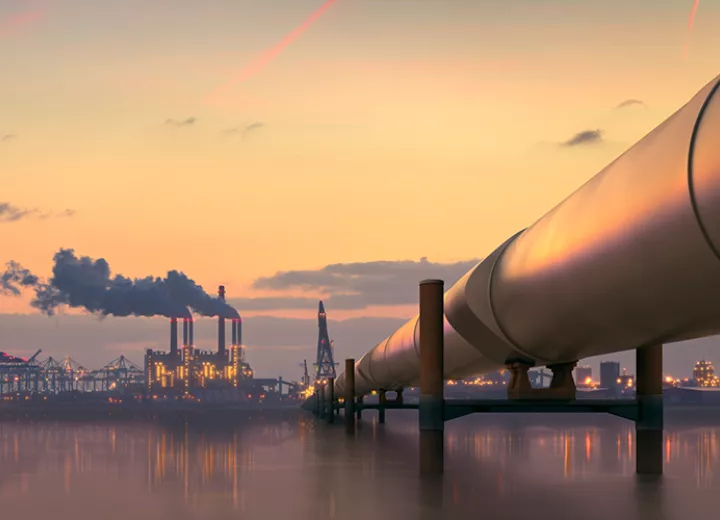The UK government has provided over £13bn in subsidies to the country's oil and gas industry since the Paris Agreement, analysis of new OECD data has uncovered.
Published by the Paid to Pollute campaign, the findings show that, from 2016 to 2020, oil and gas companies received £9.9bn in tax reliefs for new exploration and production, and £3.7bn towards decommissioning costs, bringing the total to £13.6bn.
Producers are pushing the government to approve up to 18 new projects which could benefit from the same generous tax breaks, according to the campaigners, including the Cambo oil field off Scotland.
If successful, they said that the government risks wasting billions oil and gas production that is incompatible with global climate targets.
This comes in the same month that world leaders reconfirmed the target of limiting climate change to 1.5°C in the Glasgow Climate Pact at CPO26, and also committed to phase out inefficient fossil fuel subsidies.
Meanwhile, three environmental campaigners are challenging the UK government at the High Court next month, arguing that the state-owned Oil and Gas Authority’s (OGA) strategy is unlawful as it conflicts with the country’s legal duty to achieve net-zero emissions by 2050.
One claimant, Mikaela Loach, a climate activist and medical student at the University of Edinburgh, said: “The UK government’s support for new oil and gas not only undermines global climate goals and any sense of climate justice, it also risks wasting huge amounts of public money on projects that are more likely to line polluters' pockets than bring any real economic benefit to this country.
“The UK has an obligation to be one of the first to move away from oil and gas production, deliver a just transition and, like Scotland, commit to financing communities that are already dealing with the impacts of the climate crisis.”
The claimants argue that the OGA’s interpretation of its legal duty to “maximise economic recovery” of oil and gas fails to take account of the billions of pounds of public money supporting the industry
They say this allows the recovery of oil and gas that is economic to the operator, because of the financial support it receives, but not to the UK as a whole.
This comes after the International Energy Agency (IEA) said recently that new investment in oil and gas projects should stop this year if governments are serious about the climate crisis.
Jeremy Cox, a former oil refinery worker, and second claimant, said: “We know every new oil and gas project is incompatible with the 1.5°C target.
“The UK should listen to the IEA and the UN, reject projects like Cambo, and use the public money we've wasted on oil and gas extraction to fund a just transition and support other countries to decarbonise.”
Image credit: iStock









